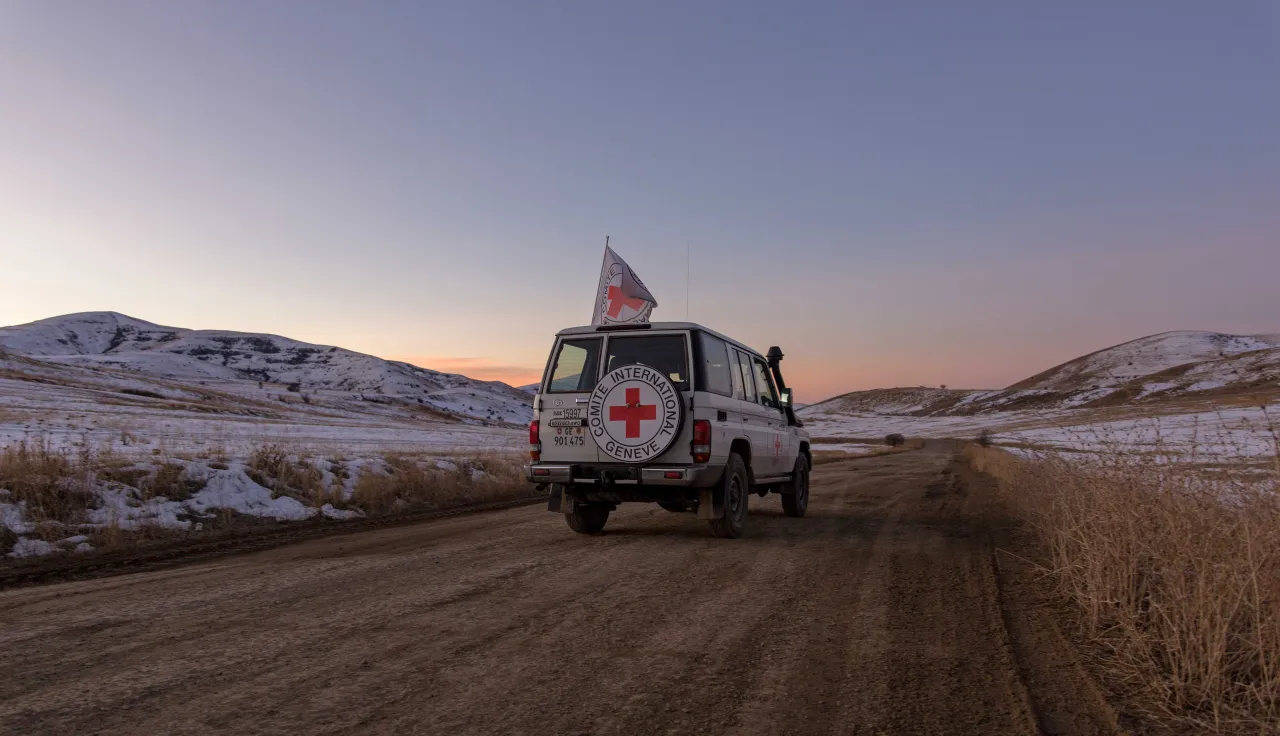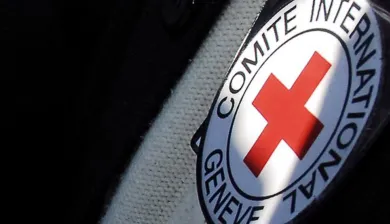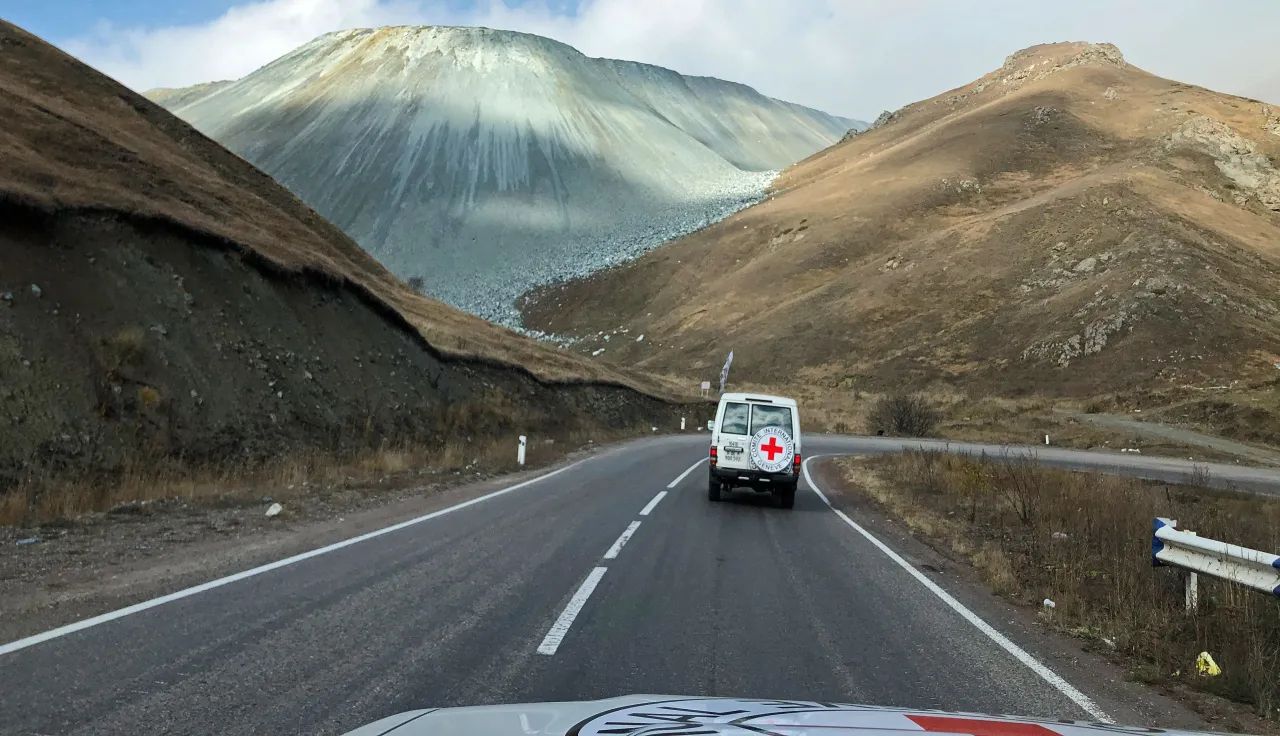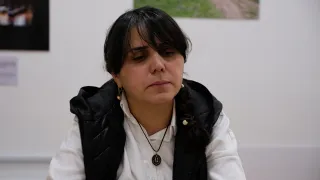Our work in Armenia
The ICRC has been carrying out humanitarian work in Armenia to help people affected by conflict. We promote awareness and implementation of international humanitarian law (IHL) and act as a neutral intermediary between the sides.
Through our delegation in Yerevan and subdelegation in Goris, we facilitate resilience-building programmes in communities located along the border between Armenia and Azerbaijan.
We work with the families of people unaccounted for in relation to the conflict, log tracing requests, as well as assess the needs and support the families whose loved ones went missing. In addition, we provide technical and material assistance, including forensic expertise, to the authorities in Armenia to help them properly manage human remains and clarify the fate of people missing in connection with the conflict or other crises. We also support access to emergency health care in border community areas by strengthening the knowledge of medical personnel and the material capacity of health centers.
We visit detainees held for conflict-related or security reasons, or who are vulnerable for another reason, to assess their treatment and conditions of detention, and we help them restore and/or maintain contact with their families.







